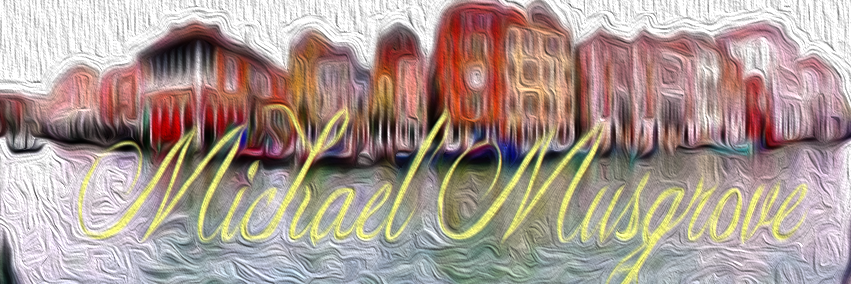If you blog you’re familiar with WordPress and most likely Medium. WordPress has been around for over 10 years and is a mature platform. Medium is younger and was launched by Ev Williams of Twitter and has become a publishing platform for both amateur and professional writers. There are, of course, other platforms like Wix, Weebly, Blogger, Drupal, Squarespace, and Joomla, which are different variations of basically the same thing.
I’ve been using WordPress for over 7 years and follow its development closely. I use it nearly exclusively for client’s websites and consider myself an expert at it. “WordPress” as an entity is sort of a mess, in my opinion, which I’ve written about in depth before. I’ve also talked about how, back when Medium was a different product, is WordPress’ main competitor, and not Drupal and Joomla as most people believed a few years ago. With the unveiling of WordPress’ new editor Gutenberg, it’s now evident that Matt Mullenweg et al. agree.
Ev Williams keeps changing the interface of Medium, and most users seem to applaud his efforts. That’s a play on words since the latest Medium update includes “claps” to show love and appreciation for writers’ work instead of thumbs-ups and downs. Basic gamification strategy.
Matt and WordPress do things a little differently. They make huge changes despite what the core users and customers think, and those are two very different and large groups of people. In my opinion, he’s not only risking having people defect but start up competing CMS/blogging platforms(WP can’t decide what it is). There’s a HUGE market out there which WordPress is trying to fully dominate, despite not ever putting forth a material plan for doing so. Iterate and pray seem to be the daily plan, and let other developers work on it for free as open-source software is the long-term plan. The profitable markets that have spun off in the form of plugin and theme shops, WordPress developers, and other niche businesses are what keep it propped up more than anything, and is what Medium and other competitors are missing. Medium has a payout scheme for popular writers, but that’s a small market comparatively. WordPress’ model isn’t unlike Apple’s app store, which is responsible for Apple’s astounding rise to financial and market dominance.
I have a feeling someone soon will create a platform that will take a large chunk of market share from Medium and WordPress. Ghost had the potential and still does to an extent, but it needs to become much more user-friendly and be marketed much more aggressively. I’m a big fan of Ghost and hope John and Hannah, the founders, succeed. Bootstrap could even come to be in the CMS/blogging space one day, although I don’t think that’s what Mark Otto and the Bootstrap community are aiming for, or is it the core competency. Bootstrap as a development framework is awesome and has a really big, and growing, development base. It’s the biggest repo on Github and has been for a long time. I’ve even published a lengthy book on developing with it, back when it was “Twitter Bootstrap.”
WordPress enjoys being a first-mover, although they weren’t really the “first” to offer an open-source blogging platform. They just emerged as the most popular back in the days of blogging infancy and took some bloggers and newbie developers along for the ride to make them pretty wealthy along the way. That’s given WordPress/Automattic/Matt a lot of wiggle-room and revenue to make mistakes without getting crushed, which is a good thing considering the noticeable lack of leadership at the top. There may be a vision but it isn’t made very clear to anyone, and the heaviest users of WP like to know what the roadmap contains beyond the next update or two because they come fast. And WP needs to be backward-compatible and is legacy software.
Gutenberg is all the WordPress world can talk about, which as I predicted years ago, is a response to Medium. Here’s a white paper by Human Made, and Medium is mentioned on the second page of the thing. It’s sort of a disingenuine piece. The author asks why did they decide to build Gutenberg, and then never answers the question. He calls it an “experiment” which of course it isn’t. It’s a strategy. You don’t experiment with something as crucial as the essence of the core product at this scale and Matt knows it. Ironically, the “blocks” direction which is the core concept of the new editor, keeps making me think of the Thesis theme, which very well may have just been ahead of its; time. The story of Thesis is rich. Not as Rich as Matt, unfortunately for Chris Pearson.

